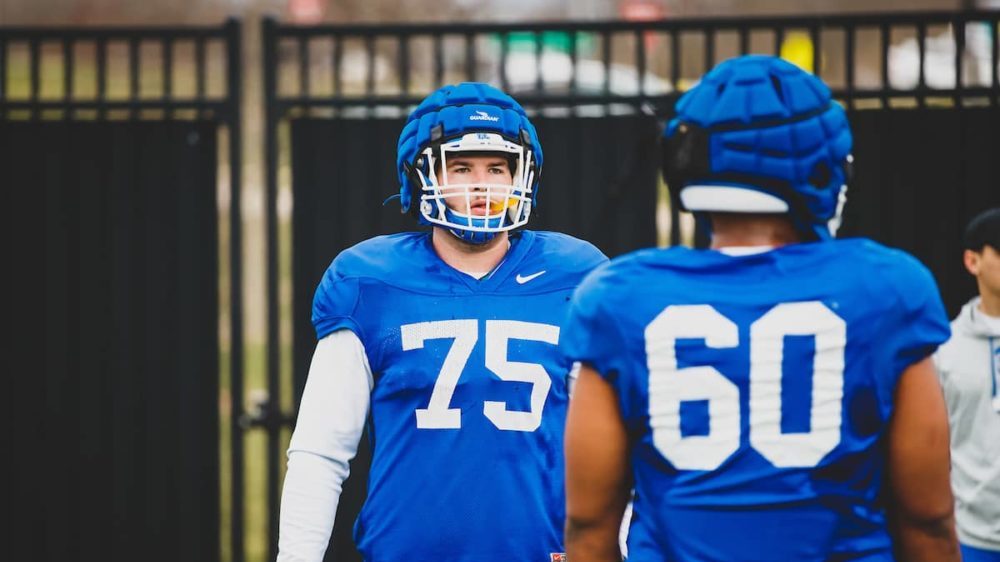
Would giving a player like Eli Cox (75) an extra year of eligibility if he stayed all four years at Kentucky help cut down on transfers? (Photo by Vicky Graff)
The recent rule changes by the NCAA governing body to allow NIL payments and ease of movement for players inside the transfer portal has created huge changes for all college level sports over this past year. The changes have been so dramatic that individuals like Alabama Football Coach Nick Saban have accused other rival coaches of buying players via the NIL program; high profile teams like Alabama Football have seen massive amounts of players leave their programs by entering the transfer portal (17 football players have entered the transfer portal at Alabama just during this past year) and programs like Kentucky Football and Basketball have been the recipient of some very talented players via the transfer portal while also losing some talented players along the way. Unfortunately the transfer portal has become a double-edged sword that cuts in both directions.
All this player movement has created chaos for the coaching staffs at most college institutions as each staff tries to hold on to the players they have already recruited or are on their current roster while grabbing their share of the players that have entered the portal. Every coach is always looking for an edge and for the “have nots” in college sports the transfer portal has become a new recruiting tool that may allow them to immediately gain a leg up on their competition. The down side of this process is that every player a coaching staff can pick up in the portal is a player that another coaching staff can ill afford to lose and therein lies the rub. Coaches struggle to maintain longevity and consistency with their roster of players because after all, if another school offers significant NIL money or playing time is dangled out there like a carrot on a stick a lot of players are going to jump.
So how does a coach combat that type of recruiting or “tampering” as UofL football coach Scott Satterfield so recently accused the Alabama staff of engaging in with some of his players?
I’ve thought about that a lot and it seems that the solution might be wrapped up in one of my favorite people development sayings. I am a firm believer in the adage, “incentivize the behavior you want to see.” In other words, if one wants players to stick around at their initial school for the long haul, give them an incentive to stick around.
I think we all agree that NIL money might get them to stick around, but only until someone else dangles a bigger bag of money under their collective noses. Then some players will be headed to that new program that offered a greater NIL payment faster than Nick Saban can say “bought and paid for.”
But what about playing time and preparing for a future in professional sports? That’s important also, isn’t it? Saban seems to think so. He said in a recent ESPN interview that his job at Alabama is to win football games while preparing players for a professional football career, not get them the most NIL money they can make while they are in college.
There is some truth to that ideal if those players have NFL potential. It seems like players would see the benefit of spending four consistent years under the tutelage of a great coaching staff as opposed to jumping from program to program each year or two looking for some additional NIL money and the promise of extra playing time.
So here’s an idea that might incentivize players to stick it out at their original school of choice rather than immediately jump to another school once they encounter any kind of adversity within their sport or are faced with an offer of a slightly larger slice of the pie in the form of NIL money from booster’s collectives.
The idea is that players who are willing to stay at their original institution that they signed with out of high school for the entire four years could earn an extra year of eligibility at that institution. In other words, they would be treated like the current “super seniors” are that receive an extra year of eligibility (if they want it) because the COVID pandemic messed up one of the playing years for all these current players.
If the players decide to transfer, for whatever reason, then they would get the standard four years of eligibility that they can use over five calendar years. If they decided to stick with their commitment to their original school for the entire four years of eligibility they would then be granted an automatic fifth year of eligibility (that they could use over that six-year period) and become a “super” senior.
There are plenty of benefits that would accrue to the players if this type program were implemented. For players that aren’t professional caliber athletes but are very good college players it would give them the opportunity to potentially earn a master’s degree along with their bachelor’s degree. It would also give them an additional year to earn NIL money which could help them as they move out into the business world.
For those players that might be good enough to play at the professional level it gives them another year to physically develop and prepare for life as a professional athlete. In some cases that extra year of physical and mental development might be the difference between a player making it as a professional and not making it.
For players that are good enough to go pro after a year or two the rule would have no bearing on their career or eligibility and for players in other so-called “minor” sports that would like to pursue a career outside of professional athletics in could be a big advantage if they needed an upper level degree to be more successful in their chosen business or academic field.
With the NCAA currently considering other ways they can help schools provide a better experience for athletes (like the proposed elimination of scholarship limits at all institutions that would allow schools to offer unlimited full scholarships in minor sports, like baseball, that currently do not have them) it would seem that allowing athletes additional time for further athletic development while gaining an opportunity to earn an advanced degree would be a double benefit for most athletes.
It would also help coaches provide an additional incentive that might be the difference between a player working through an adverse situation versus throwing in the towel and moving on to a different institution.
I realize that this is not a cure-all for the “portal blues” but it could help resolve some of the issues. The other issues may only be resolved once players and coaches are both willing to admit what Walt Kelly’s 1950’s cartoon character Pogo admitted many years ago, “We have met the enemy and he is us.”
Once that admission is made the real problem solving can begin.

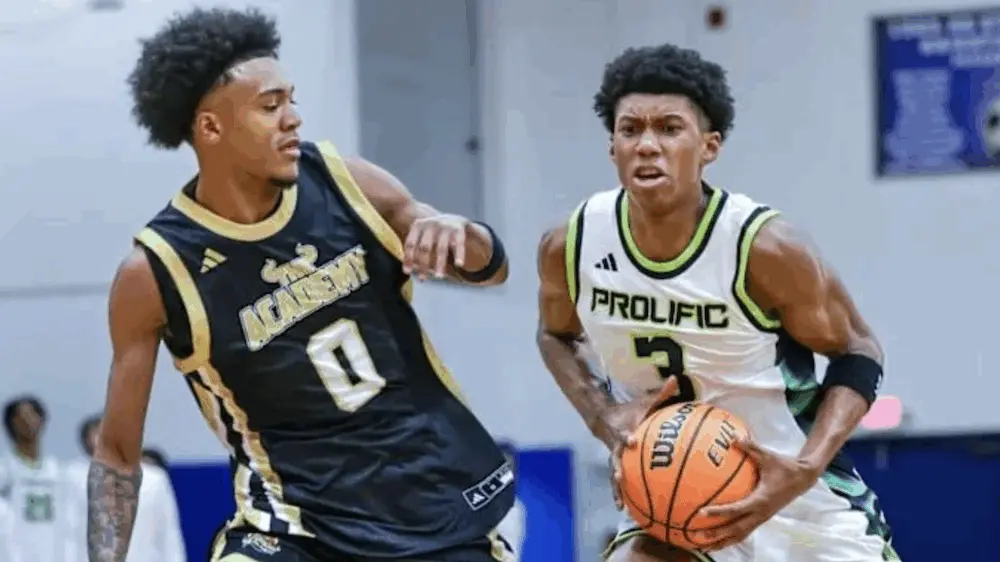
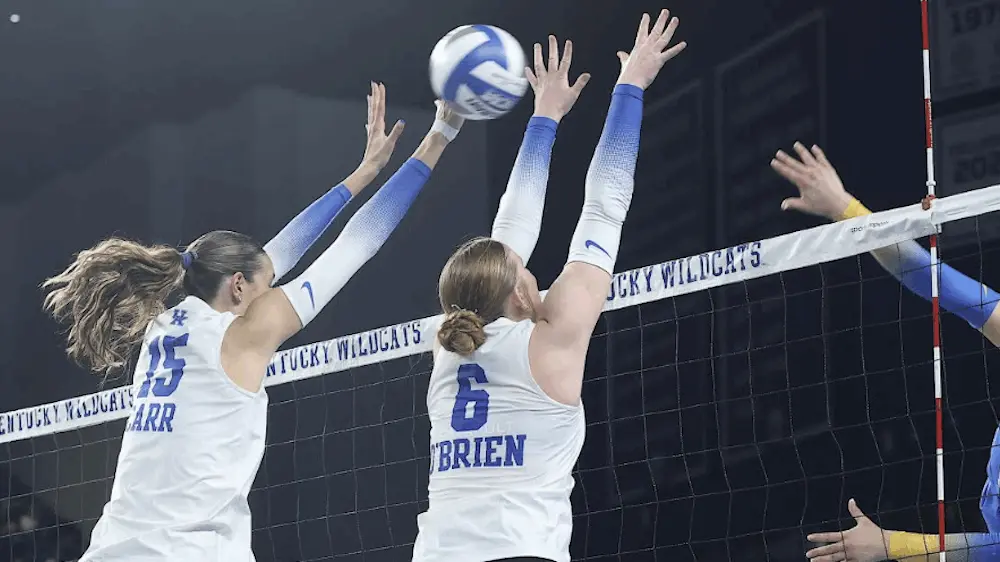

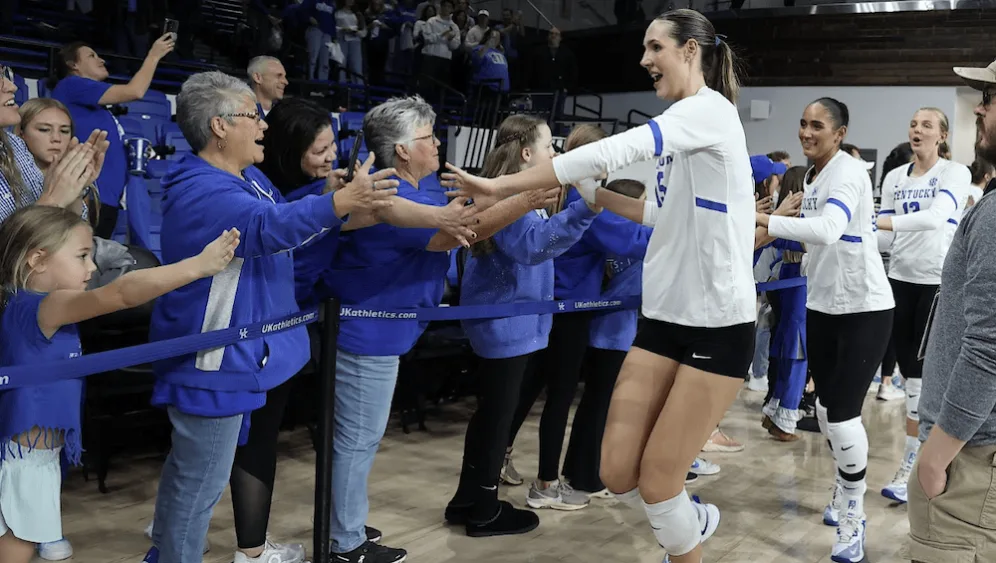
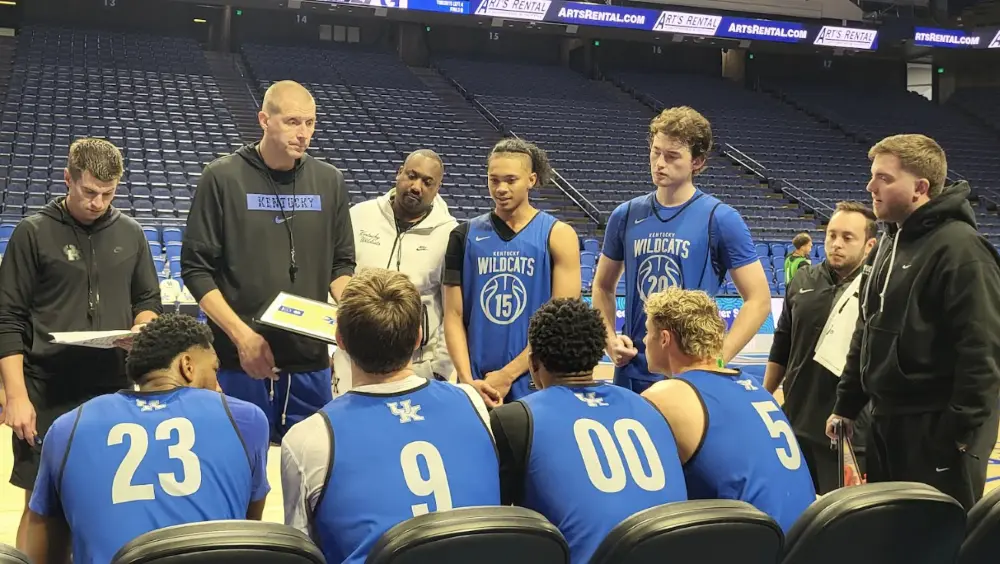
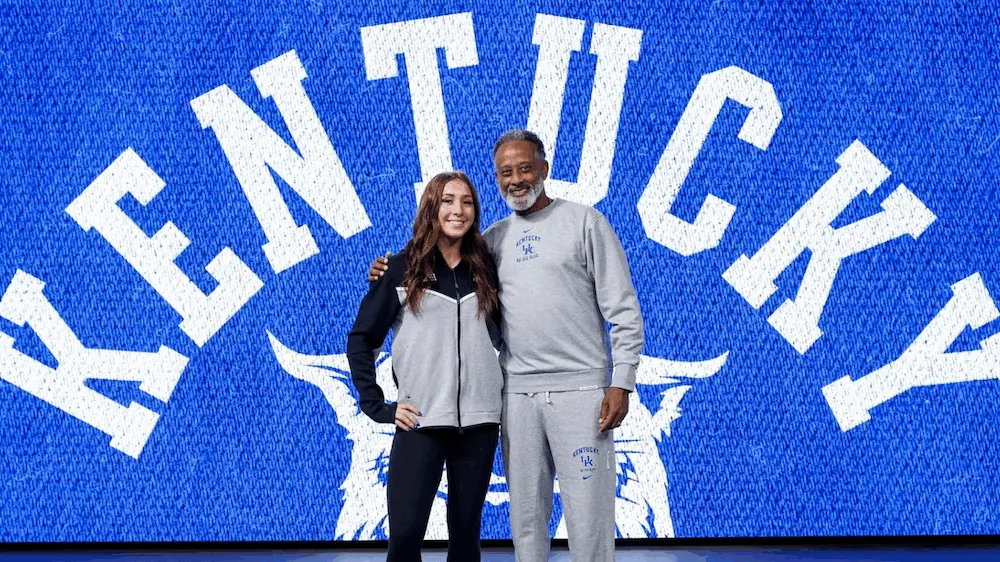
3 Responses
Implement a strict one-time portal transfer with no penalty. After that, a mandatory one-year sit-out if a player transfers. Bar collectives subsidizing groups of players. All NIL agreements must be based on a player-by-player basis.
We have maybe one or two more years of amateur football left. After that, the big collectives will dominate college football. Sad. That said, some very good athletes will be on teams where they will never get to play because a better athlete is front of them. Going to team will a smaller collective may not get him as much money but he will get playing time which it worth more if the kid is trying to make the pros. This will not totally balance things out but it might help teams like KY. Still the TX A&M, Alabama, TX, USC, ND et al will be perennial powerhouses gobbling up the TV Prime time. Not a lot different than today.
Whatever! I say just leave things alone and outlaw NIL pronto, and while they are at it, tighten up on transfer rules. Truth be told the big shots that have allowed this NIL crap into college sports right now have ruined it for a whole lot of people, mostly from the fans who buy the tickets. In time, if this continues to spiral out of control, which it is already, will only hurt UK football IMO. Especially when Texas and Oklahoma join the SEC, and especially with the new future scheduling model’s being considered by the league now. I may be wrong, but I don’t think UK will ever be able to match what some schools have available to them with this so called collective money being given to a few very talented athletes for their services. Sounds like pro football to me. If this BS is allowed then future football recruiting will get tougher and tougher for schools like UK. That is my prediction. These young men are there to get a free education for their services. That is a pretty good deal. Pro football could be available with all the big bucks coming later for the most talented. For those "college players" who have proven their ability playing college football the way it was intended. Playing for three or four years at he school they chose in the first place.